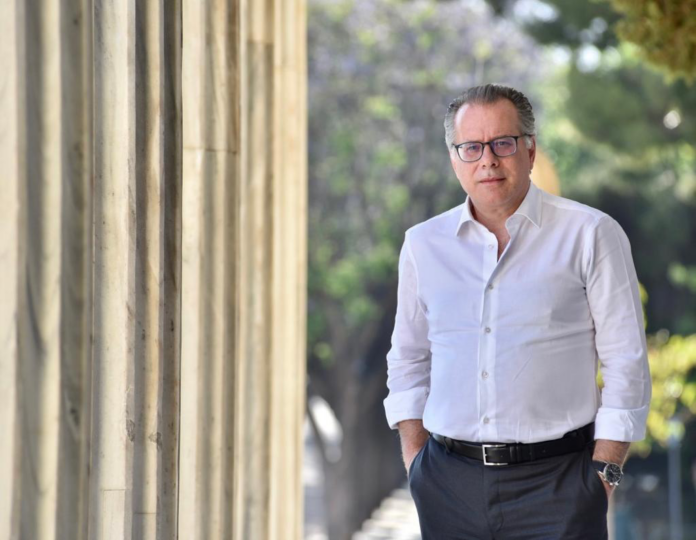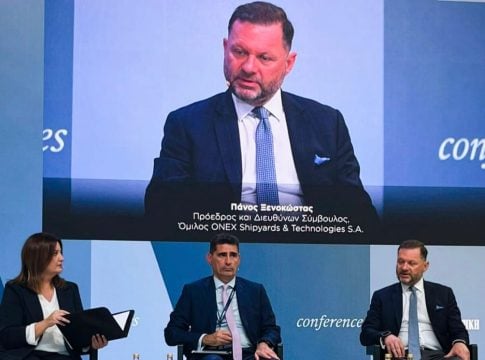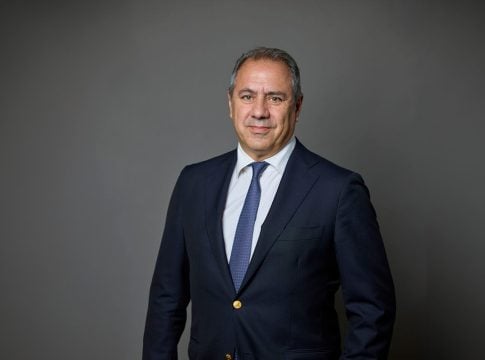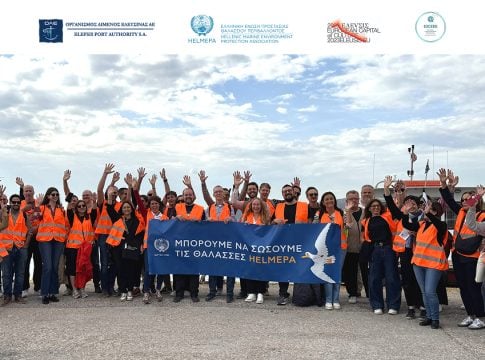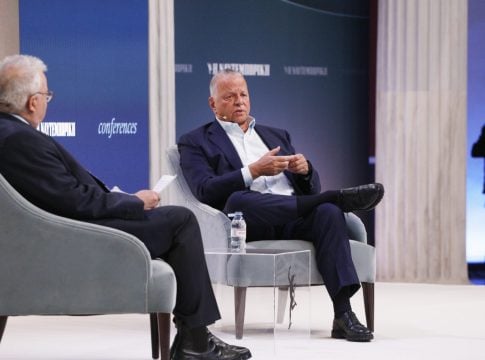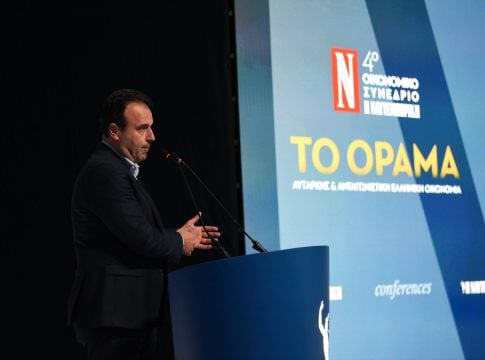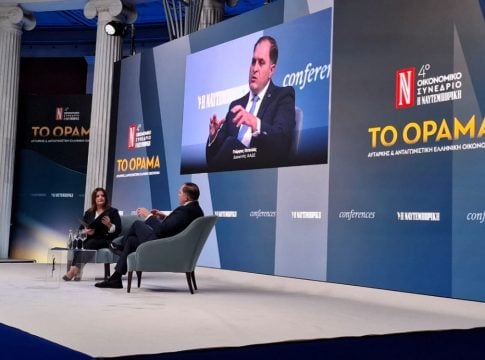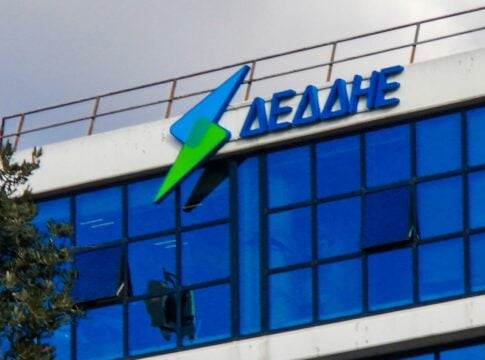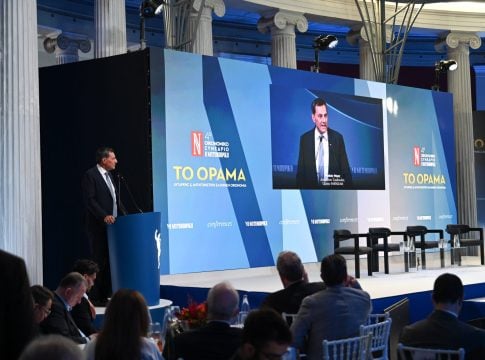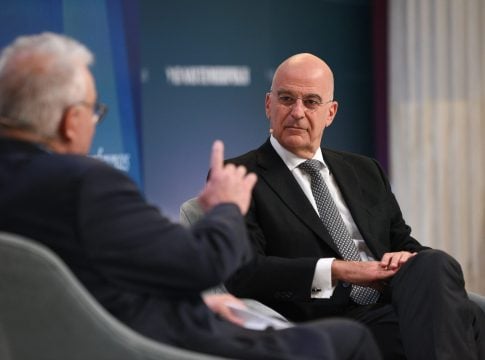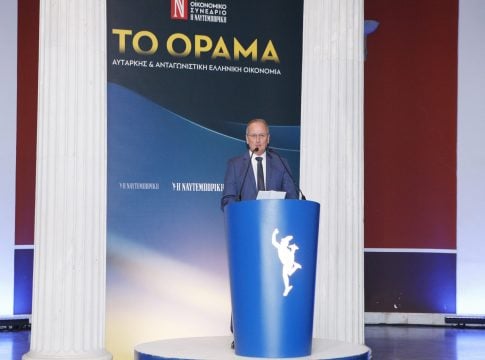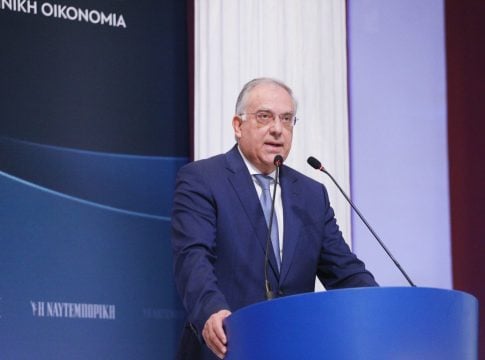Greece needs to acquire a modern oceanographic research vessel as soon as possible, the country’s representative to UNESCO, Georgios Koumoutsakos, said in an interview with “Naftemporiki.”
Asked whether UNESCO is involved in the Greek-Turkish dispute, as Turkey posts maps with marine parks on a platform belonging to UNESCO, and whether the international UN organization recognizes these maps, Koumoutsakos emphasized:
“By submitting to the UNESCO Intergovernmental Oceanographic Commission the map of the Maritime Spatial Planning in which it reflects its well-known unacceptable revisionist approaches, Ankara is seeking ways of some international legitimization of aspects of the ‘Blue Homeland’ narrative, projecting, among other things, claims against Greek sovereign rights through institutional channels. This attempt was completely ineffective and therefore futile. The reason is simple and clear. UNESCO and its Oceanographic Commission have categorically and in writing clarified that these postings are purely national and do not bind the Organization in any way. Let alone when they blatantly violate International Law.”
Asked how important is UNESCO to Greece, he replied:
“UNESCO, in terms of its philosophy and mission, is an international organization that suits Greece. Even its logo directly refers to a building of ancient Greek architecture. If UNESCO did not exist, Greece would need to have invented it. In this organization, we must steadily deepen our national imprint. Dialogue, culture, classical timeless values, but also modern Greek cultural creation are important factors in our national strength. We are a small country, with enormous, but inexhaustible, cultural potential. In essence, we are a cultural superpower. UNESCO can give us this international recognition. We just need to approach it with seriousness, strategic thinking and planning. To constantly aim higher.”
Referring to the diplomatic initiative to establish February 9 as World Greek Language Day, he underlined that “this was a unanimous decision of historic importance. A great success of the public and cultural diplomacy of the country. It will be formally ratified in November by the General Conference of the Organization in Samarkand, Uzbekistan. The Greek language has acquired a golden international certificate of historical continuity and 3,000 years of contribution to world civilization. A golden passport.”
Koumoutsakos stressed the need to “travel” this “password” everywhere in the world. The challenge is to make the learning of the Greek language “trendy”. A global spiritual trend. Here, the Greek diaspora and especially its economically powerful members have a bright field of glory.
“In this nationwide invitation to promote the Greek language, our diplomatic and consular authorities around the world have a special and important role. The close cooperation and effective coordination of all relevant ministries – Foreign Affairs, Education, Culture, Finance – are required. The Church and, of course, all political forces are called upon to play a very important role. The purpose is historical and national. No one is left out,” he added.
Asked about the Parthenon Marbles, he stated: “We must remind the readers of Naftemporiki that Greece’s first official request for the repatriation and reunification of the Parthenon masterpieces was made in 1836. Just six years after the declaration of independence of the modern Greek state! It is a timeless, national and inexorable request. This request became global from the moment it was registered on the UNESCO agenda in 1987.
Since then, all the relevant Decisions of the Organization justify Greece’s request. Recently, in June 2024, we achieved another very positive decision, and indeed with 17 states giving explicit support to Greece compared to zero in favor of the views of the United Kingdom. In a few words, the score was ’17-0′. The government is working seriously, persistently and quietly for our historical vindication. The obsession with denial will eventually be overcome. “How long will injustice resist justice and the demands of History? When you fight the centuries, the centuries always win. Sooner or later, this very difficult case will be won. I believe it. The reunification of the Parthenon sculptures will become a reality.”


